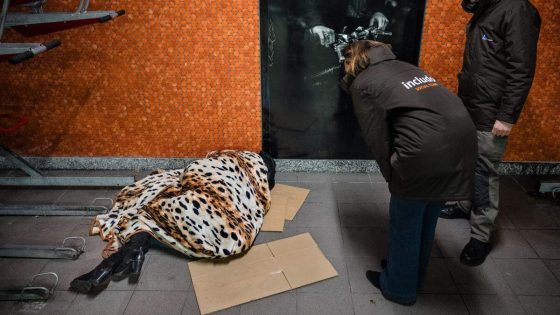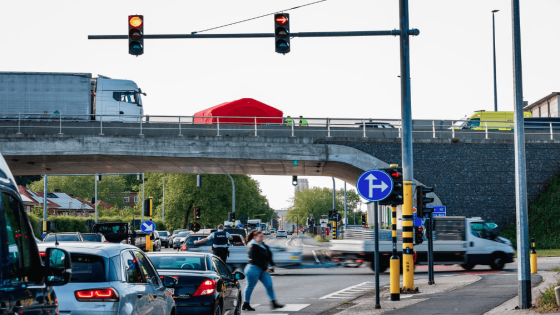Homelessness in Brussels remains a pressing social issue, with recent reports highlighting that one in three homeless people in the city is a woman. As of 2025-06-18 23:00:00, the number of individuals experiencing homelessness on Brussels’ streets has risen significantly, underscoring growing challenges in the capital.
- One-third of Brussels homeless are women
- Family problems cause homelessness in Brussels
- Brussels homeless population rises 25% in 2023
- Nearly 10,000 homeless in Brussels reported
- Women represent a significant homeless demographic
- Address family issues to reduce homelessness
Family problems often drive people into homelessness, creating a downward spiral that is difficult to escape. With nearly 10,000 homeless individuals in Brussels, the situation demands urgent attention from policymakers and communities alike. But what factors contribute most to this crisis, and how can Brussels respond effectively?
Understanding the gender dynamics and root causes behind homelessness is crucial to developing targeted support and prevention strategies. The following summary offers key insights into the current state of homelessness in Brussels.
Why is homelessness rising despite ongoing efforts? The data suggests several critical points:
- Women represent a growing share of the homeless population, highlighting specific vulnerabilities.
- Family conflicts often trigger homelessness, creating a cycle that is hard to break.
- The total number of homeless individuals has increased by 25% since last year.
- Brussels faces challenges in providing sufficient shelter and long-term support services.
As Brussels moves forward, it must prioritize comprehensive solutions that address both immediate needs and root causes. How can local authorities, NGOs, and citizens work together to break the cycle of homelessness and provide sustainable support? The time to act is now.

































